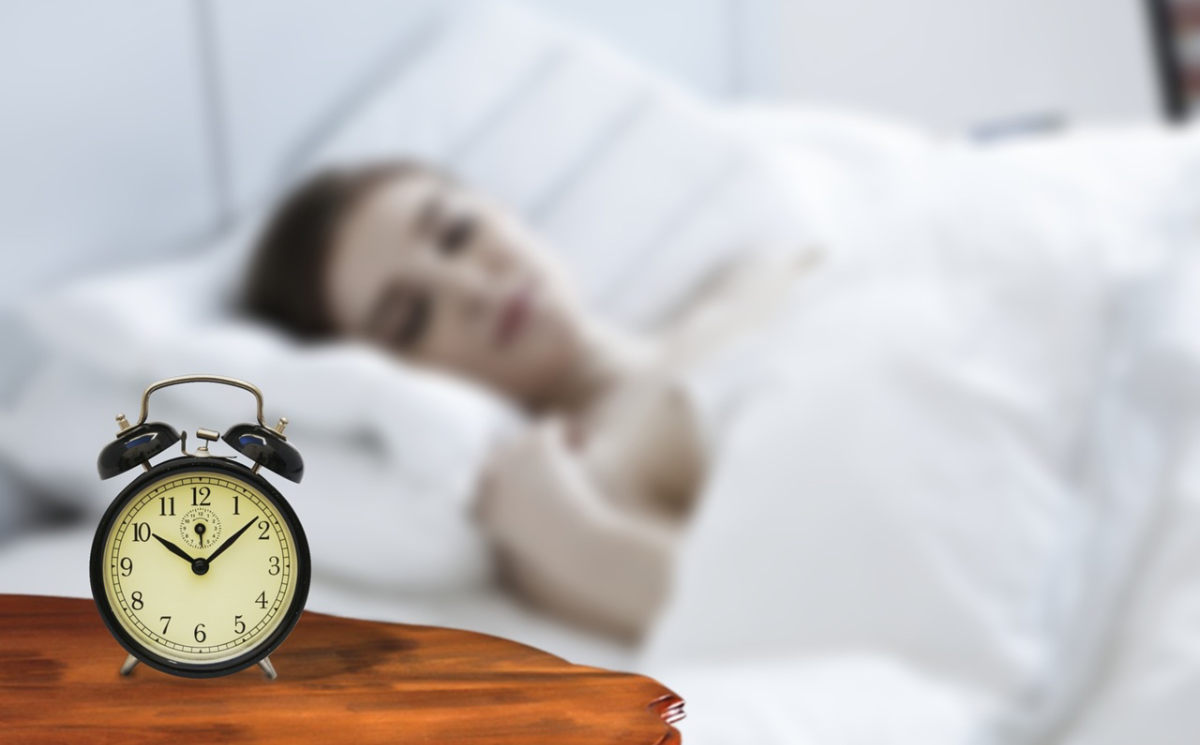Posted by Cove DPC on March 10, 2025
Let’s face it—sleep can feel like a luxury some days. Whether it’s the chaos of life, that extra cup of coffee, or the glow of your phone keeping you up, we’ve all had nights where rest feels out of reach. At Cove DPC, we believe good sleep isn’t just a dream—it’s a cornerstone of your health. Today, we’re diving into evidence-based sleep hygiene tips to help you catch those ZZZs, plus healthy ways to cope when sleep slips through your fingers. Ready to rest better? Let’s get started.
Why Sleep Hygiene Matters
Sleep hygiene isn’t about scrubbing your pillows (though clean sheets don’t hurt!). It’s the science-backed habits and routines that set you up for quality sleep. Research shows that poor sleep can zap your energy, muddle your focus, and even increase risks for issues like heart disease or stress. The good news? Small changes can make a big difference. Here’s how to master your sleep game.
Evidence-Based Sleep Hygiene Tips
- Stick to a Schedule
- Your body loves routine. Going to bed and waking up at the same time every day—even on weekends—helps sync your internal clock (called your circadian rhythm). Studies from the American Academy of Sleep Medicine suggest adults need 7-9 hours of sleep nightly for optimal health. Pick a bedtime and stick to it like it’s a hot date with your pillow.
- Create a Sleep Sanctuary
- Your bedroom should scream “rest,” not “scroll.” Keep it cool (around 60-67°F is ideal, per sleep experts), dark (think blackout curtains or a sleep mask), and quiet (earplugs or white noise can work wonders). A 2011 study found that a soothing sleep environment boosts both sleep quality and duration.
- Ditch the Stimulants
- Caffeine and nicotine are sleep’s arch-nemeses. Research shows caffeine can linger in your system for 6-8 hours, so skip that afternoon latte. Alcohol might make you drowsy at first, but it disrupts deeper sleep stages later, leaving you groggy. Aim to cut off both at least 6 hours before bed.
- Wind Down Right
- Swap screen time for a calming ritual. Blue light from phones and TVs suppresses melatonin, the hormone that signals sleepiness. Instead, try reading a book, stretching gently, or practicing deep breathing. A 2015 review in Sleep Medicine Reviews found relaxation techniques improve sleep quality for many.
- Move Your Body—But Time It
- Exercise is a sleep superhero. Regular activity (even 30 minutes of walking) can deepen sleep, but timing matters. Avoid intense workouts within 2-3 hours of bedtime—your body needs time to cool down. Morning or afternoon sweat sessions? Perfect.
Coping with Lack of Sleep (Because Life Happens)
Even with the best habits, some nights just don’t cooperate—hello, Daylight Savings hangover! Here’s how to bounce back without crashing:
- Catch Some Rays
- Step outside for 15-30 minutes of natural sunlight in the morning. It resets your circadian rhythm and boosts alertness, according to a 2017 study. No sun? A bright light lamp can pinch-hit.
- Nap Smart
- A short nap (20-30 minutes) can recharge you without wrecking your next night’s sleep. Longer naps might leave you groggy—a phenomenon called sleep inertia. Keep it early (before 3 PM) to stay on track.
- Hydrate and Fuel Up
- Lack of sleep can make you crave junk food, but opt for balanced snacks like nuts or fruit. Dehydration also mimics fatigue, so sip water throughout the day. Skip the energy drinks—caffeine overload can backfire.
- Take Micro-Breaks
- Feeling foggy? Step away for a 5-minute stretch or a quick walk. Research shows brief breaks improve focus and mood when you’re running on empty.
- Be Kind to Yourself
- One bad night isn’t the end of the world. Stressing over it can spiral into worse sleep. Focus on getting back to your routine the next night instead.
When to Dig Deeper
If sleepless nights become your norm (think 3+ months of trouble), it might be more than just habits. Conditions like insomnia or sleep apnea could be at play. At Cove DPC, we’re here to help you figure it out—visit covedpc.com to learn how we support your wellness, from sleep to stress and beyond.
Your Sleep, Your Power
Good sleep isn’t magic—it’s a skill you can build. Start with one tip tonight, like dimming the lights or skipping that late scroll. And when life throws a curveball, you’ve got tools to cope. Want more personalized advice? Swing by covedpc.com—we’ve got your back (and your bedtime). Sweet dreams!
References
- American Academy of Sleep Medicine. (2015). Recommended Amount of Sleep for a Healthy Adult. Sleep.
- Blume, C., et al. (2017). Effects of Light on Circadian Rhythms and Sleep. Somnologie.
- CDC. Sleep and Chronic Disease.
- Chellappa, S. L., et al. (2013). Blue Light and Melatonin. Journal of Applied Physiology.
- Drake, C., et al. (2013). Caffeine Effects on Sleep. Journal of Clinical Sleep Medicine.
- Milner, C. E., & Cote, K. A. (2009). Benefits of Napping. Journal of Sleep Research.
- National Sleep Foundation. Sleep Hygiene Guidelines.
- NIH. Insomnia Fact Sheet.
- Ong, J. C., et al. (2015). Relaxation Techniques for Sleep. Sleep Medicine Reviews.
- Youngstedt, S. D. (2005). Exercise and Sleep. Clinics in Sports Medicine.














